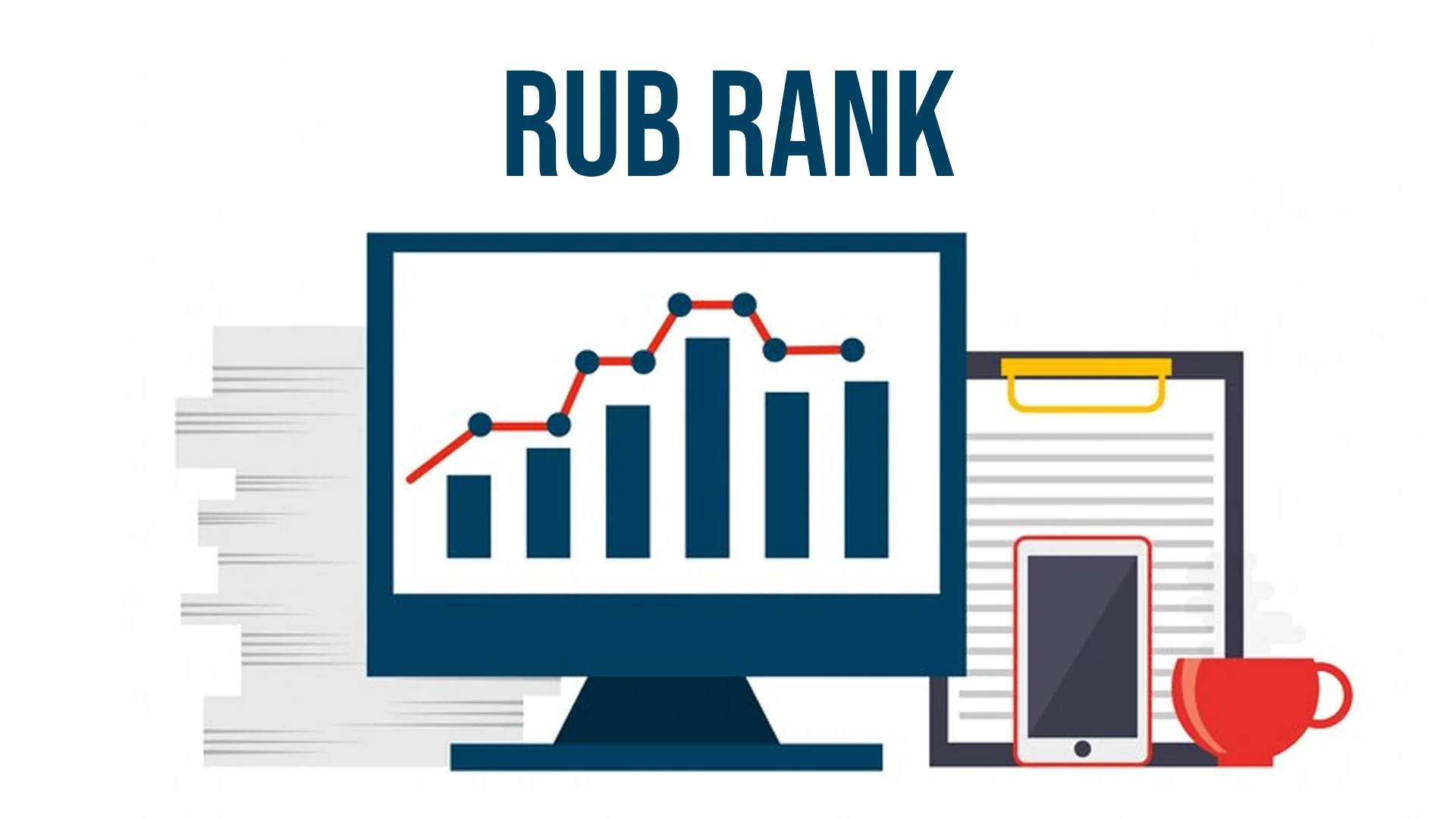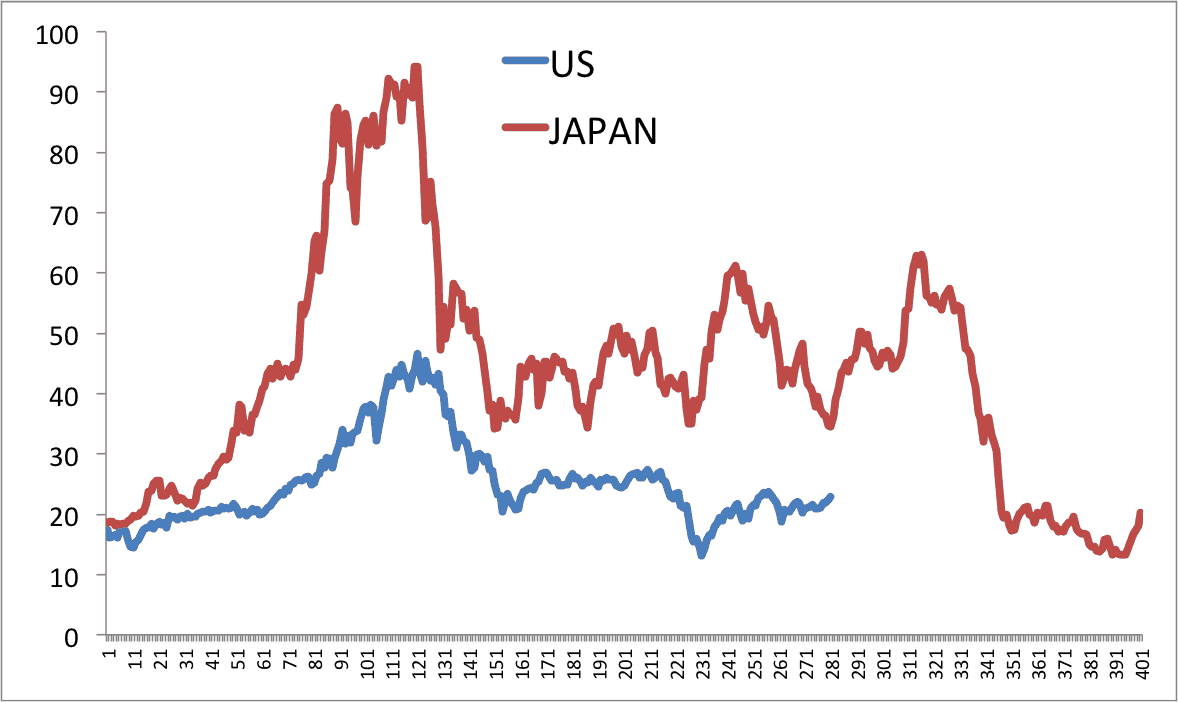In the landscape of global higher education, rankings play a crucial role in helping students, faculty, and institutions make informed decisions. One university that’s been gaining attention, especially in Europe, is Ruhr University Bochum, commonly referred to by its acronym RUB. Located in Germany, this university is making a name for itself through consistent academic performance, research excellence, and a strong international presence.
But what exactly is the RUB ranking? What do the numbers really mean, and how does this institution stack up globally and within Germany? This article takes a comprehensive look at RUB’s position in various rankings, the methodology behind those rankings, and why it matters to students and educators alike.
What is RUB (Ruhr University Bochum)?
Founded in 1962, Ruhr University Bochum is one of the largest universities in Germany, located in the industrial heartland of North Rhine-Westphalia. Known for its strong emphasis on research and innovation, RUB offers a broad spectrum of academic disciplines ranging from humanities and social sciences to natural sciences, engineering, and medicine.
With over 43,000 students and a wide range of international collaborations, RUB is considered a flagship institution within Germany’s educational framework. It is also a member of the UA Ruhr alliance, a strategic partnership with the University of Duisburg-Essen and TU Dortmund University, which enhances its research and academic influence.
What Does “RUB Ranking” Mean?
The term “RUB ranking” typically refers to how Ruhr University Bochum is positioned in various national and international university ranking systems, including:
- QS World University Rankings
- Times Higher Education (THE) World University Rankings
- Academic Ranking of World Universities (ARWU / Shanghai Rankings)
- CHE Ranking (Germany-focused)
- Webometrics
Each of these rankings evaluates universities based on different criteria like academic reputation, employer reputation, faculty-to-student ratio, citations per faculty, international student ratio, and research output.
RUB’s Performance in Global Rankings
1. QS World University Rankings
As of recent editions, RUB has consistently placed in the #400-#500 range globally. In specific subjects, especially Philosophy, Engineering, Psychology, and Natural Sciences, the university has performed significantly better, often landing in the top 200-300 globally.
Key strengths in QS:
- Strong research citations
- Employer reputation in Germany
- Increasing international student ratio
2. Times Higher Education (THE) Ranking
RUB typically appears in the top 300–400 bracket in THE rankings. It performs especially well in:
- Research output
- International outlook
- Industry income
These metrics highlight RUB’s growing importance in interdisciplinary and applied research.
3. Academic Ranking of World Universities (Shanghai Rankings)
In the ARWU rankings, RUB is usually placed within the 401–500 global band. Its rankings are boosted by:
- High-impact scientific publications
- Faculty winning national and international awards
- Strong output in natural sciences and medicine
National Recognition and CHE Rankings
In Germany, RUB is often ranked among the top 20–30 universities, depending on the subject area. The CHE Ranking, which is widely respected in Germany, evaluates universities based on student satisfaction, faculty quality, facilities, and research intensity.
Areas Where RUB Excels in National Rankings:
- Engineering and Technology
- Computer Science
- Psychology
- Physics and Astronomy
- Law
These rankings are particularly helpful for students who are looking at specific departments rather than the overall institution.
Factors That Influence RUB’s Rankings
1. Research Excellence
RUB is part of Germany’s Excellence Initiative, a program launched to promote world-class research. It has several collaborative research centers, graduate schools, and research clusters that attract significant funding and international partnerships.
2. Internationalization
The university offers more than 20 English-taught Master’s programs and has exchange agreements with over 300 institutions worldwide. The increasing diversity of faculty and students helps raise its global profile.
3. Innovation and Industry Collaboration
RUB works closely with companies in Germany’s Ruhr industrial region, giving it strong industry income scores in THE and QS rankings.
4. Academic Reputation
While academic reputation can take decades to build, RUB is rapidly gaining recognition thanks to its publications, partnerships, and alumni success.
Why Do RUB Rankings Matter?
For Students:
- Better career opportunities: Employers often consider university reputation, especially in competitive fields like engineering, law, or IT.
- International mobility: A well-ranked university makes it easier for graduates to pursue higher education or work abroad.
- Access to funding: Many scholarships and grants consider the global standing of a student’s current or prospective institution.
For Researchers and Faculty:
- Collaboration: Highly ranked institutions attract international partnerships, funding, and talent.
- Publishing opportunities: Universities with strong research ecosystems offer better chances for high-impact publications.
For the Institution:
- Increased funding and autonomy: A better ranking can influence government and private funding.
- Attracting top talent: Rankings serve as a signal to students and researchers that the university is serious about quality.
Criticism of University Rankings
While rankings are useful tools, they are not without limitations and criticism:
- Overemphasis on research: Teaching quality and student experience are often underrepresented.
- Bias towards English-speaking countries: Many global rankings prioritize publications in English-language journals.
- Metric manipulation: Some institutions may alter practices to boost their score in specific categories.
Therefore, while RUB’s position in various rankings is commendable, it’s essential to look beyond the numbers and consider other factors such as campus life, teaching methodology, community engagement, and student support.
What the Future Holds for RUB
Ruhr University Bochum is actively working toward improving its global reputation and research capabilities. With increased funding, international collaborations, and innovative teaching methods, it’s on track to climb higher in global rankings.
Key developments to watch:
- New research centers and laboratories
- Expansion of international partnerships
- Integration of AI and digital learning tools
- Increased focus on sustainable development and green technologies
FAQs
Q: What is RUB best known for academically?
A: RUB is particularly strong in engineering, natural sciences, computer science, psychology, and philosophy.
Q: Is RUB a good university for international students?
A: Yes. It offers several English-language programs, has a supportive international office, and maintains partnerships with global universities.
Q: How does RUB compare with other German universities?
A: While not in the top tier like LMU Munich or Heidelberg, RUB is consistently ranked among the top 20–30 universities in Germany and is especially known for its research initiatives.
Q: Does RUB participate in the German Excellence Strategy?
A: Yes. RUB is part of several funded research clusters and initiatives, enhancing its national and international standing.
Conclusion
The RUB ranking reflects the rising status of Ruhr University Bochum as a prominent player in the global academic landscape. Whether you’re a student seeking a quality education, a researcher exploring new collaborations, or an academic professional evaluating institutions, RUB is a university worth considering.
While it may not yet be among the top 100 universities in the world, its consistent upward trend and strong reputation in specific disciplines make it a competitive and promising institution—both within Germany and internationally.











